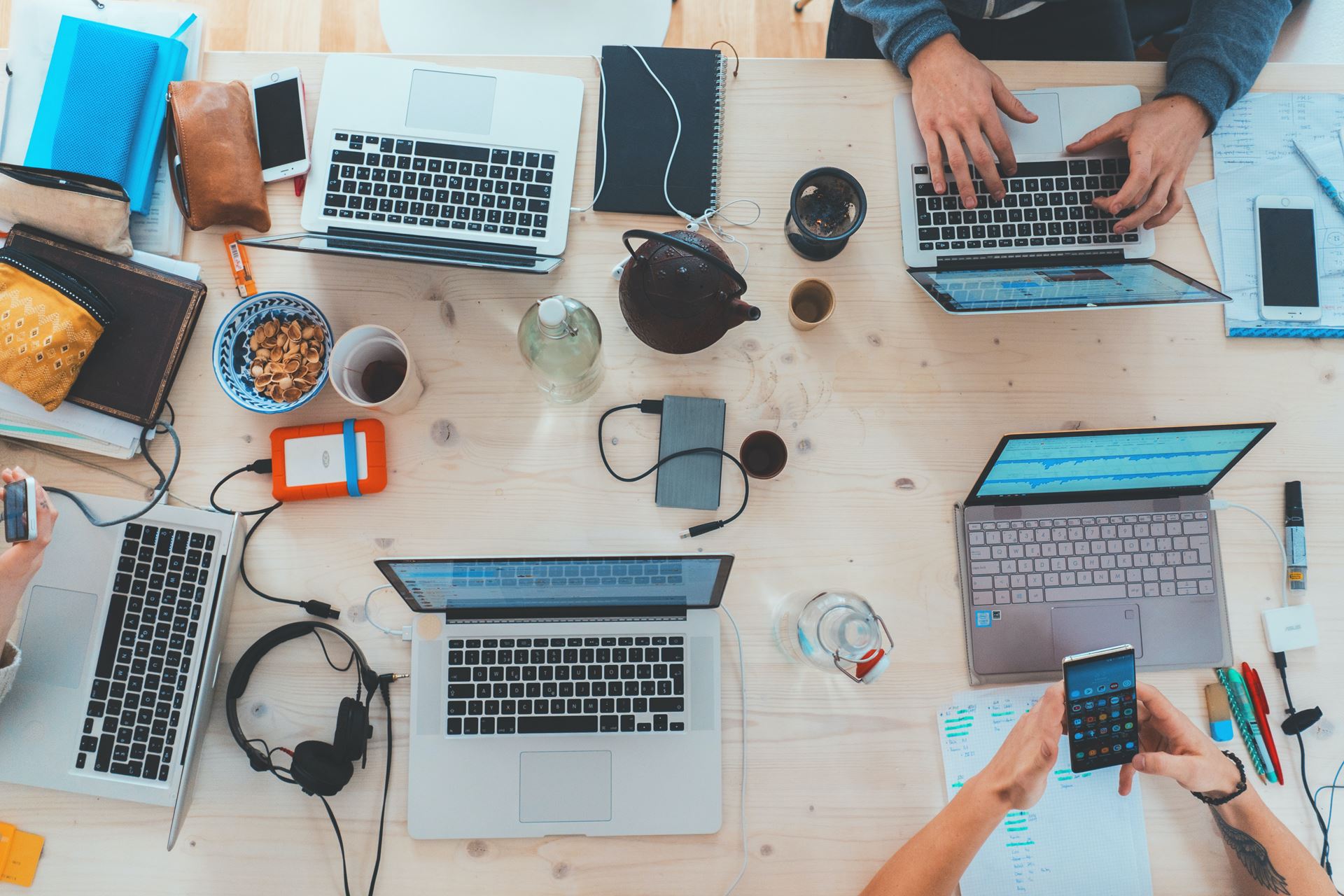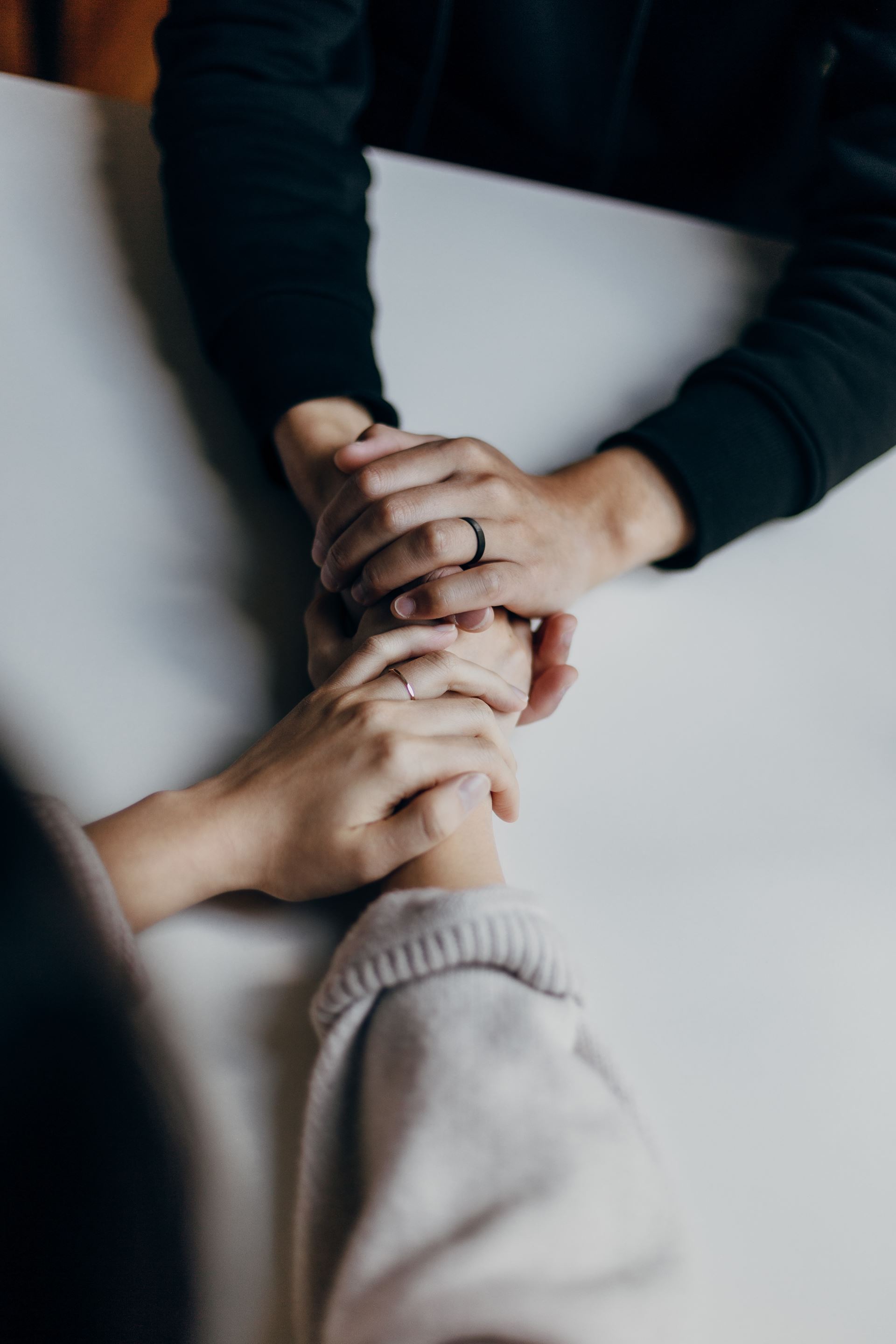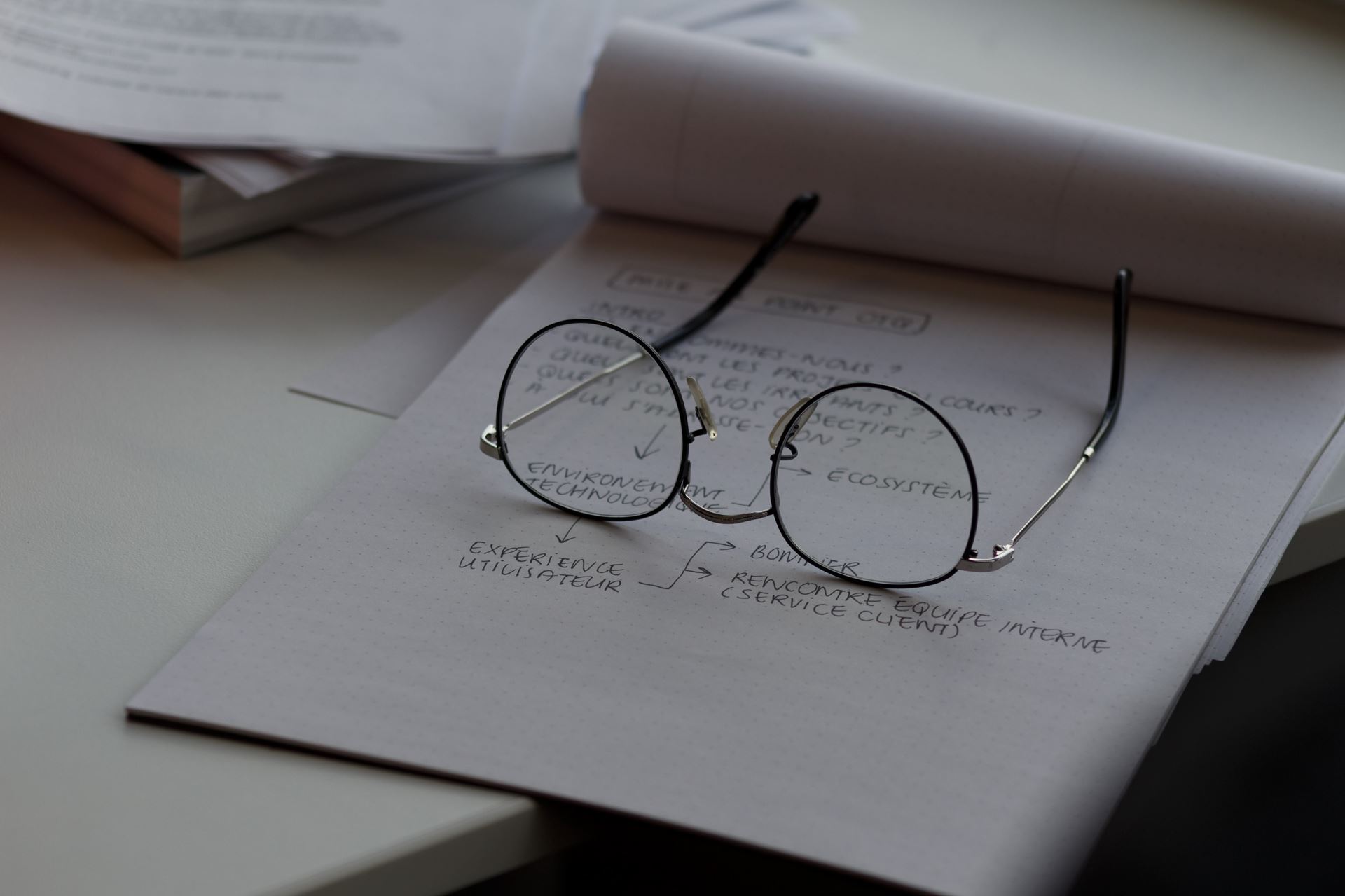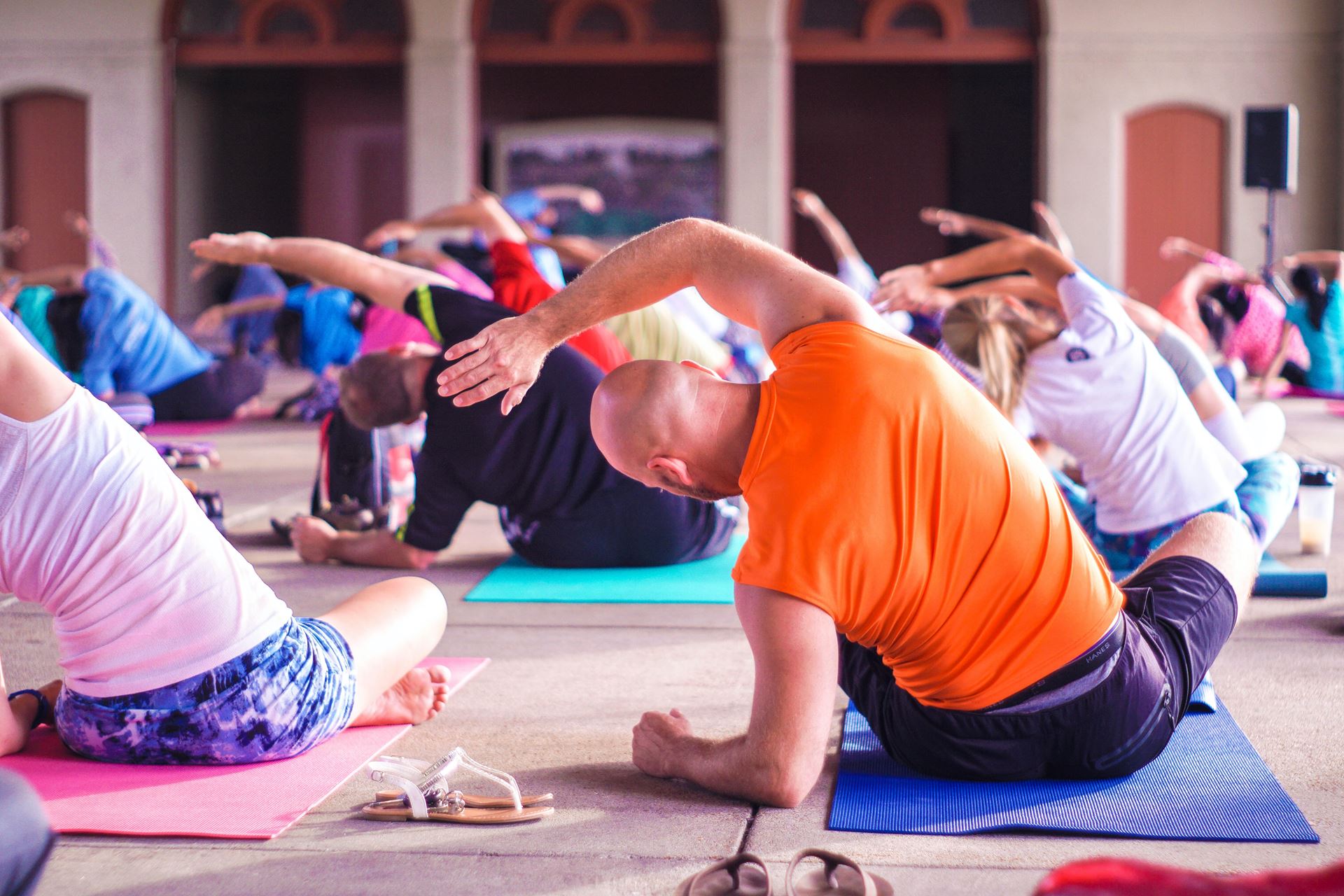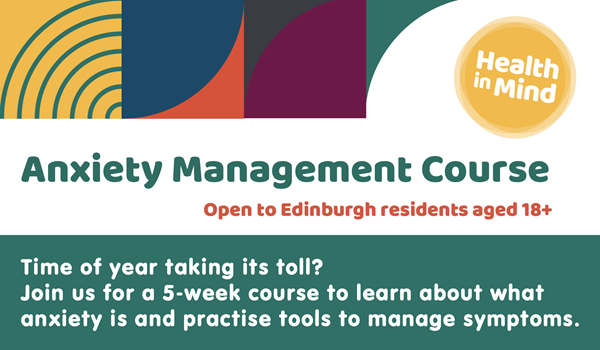Anxiety Issues
What is anxiety?
Anxiety is an emotion we have when we are worried, tense, or afraid. It is a very common feeling to have and everyone feels this from time-to-time.
It is natural to want to be cautious and avoid the things that cause us feel this way. However problems tend to arise when the anxiety worsens and starts significantly impact day-to-day life in a negative way.
Anxiety can present in many ways:
Sometimes it can be a generalised feeling, or caused by specific / situational trigger (fear of spiders, social anxiety) or present as OCD (obsessive-compulsive disorder).
Our Psychiatry Colleagues have given more information on the matter . please follow the link. click here
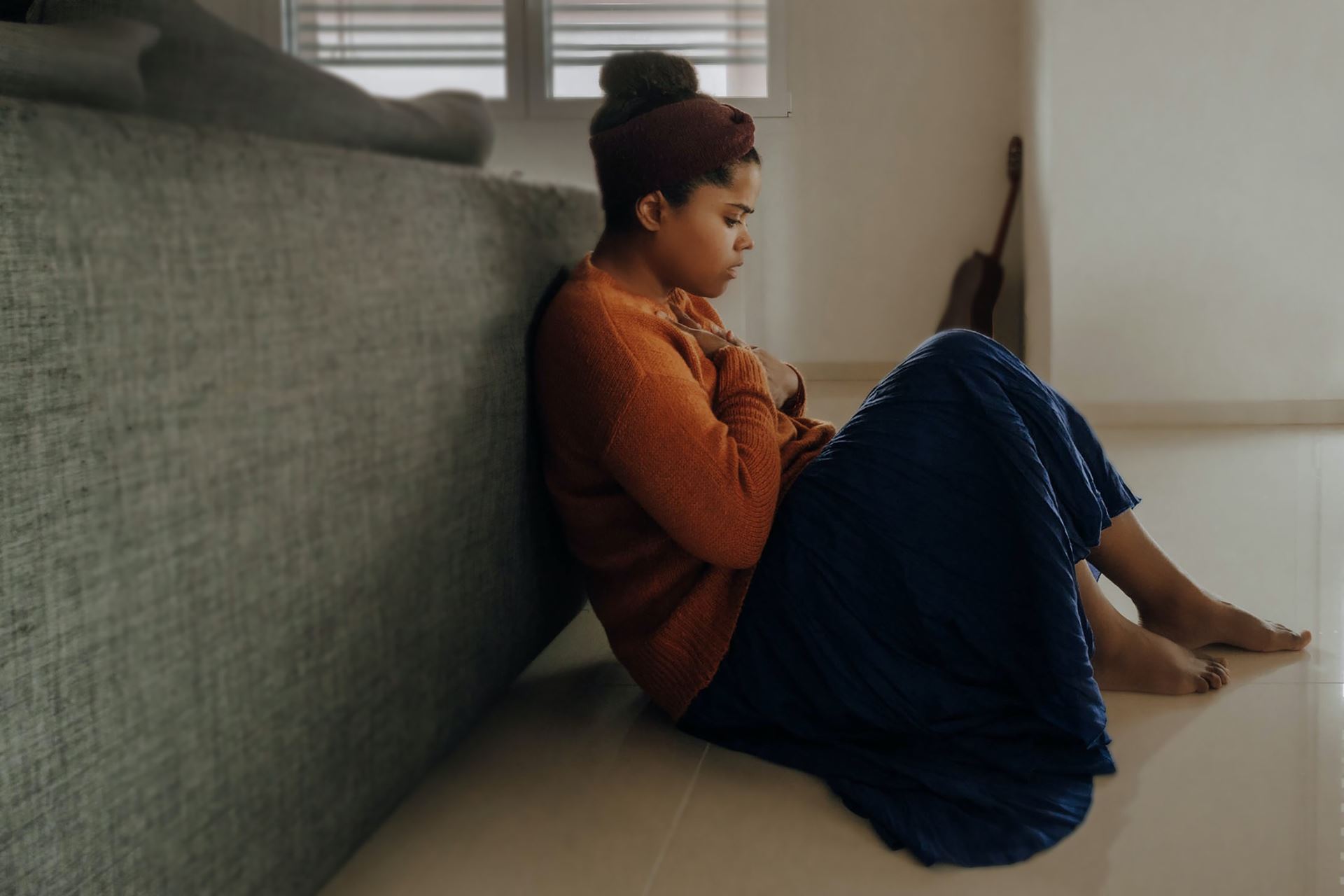
What are the causes of anxiety?
There are many stressful factors that can cause anxiety. Below are some of the common reasons :
- Lots of change or uncertainty in your life
- Ongoing or previous family conflict
- Problems with housing, such as eviction, or not having a permanent address
- Problems with money, debt issues, struggling to pay for bills
- Someone close to you dying (bereavement)
- Experiencing a distressing or traumatic event (like being assaulted or being in a car accident)
- Worries about issues in the news (for example the environment , pandemic or wars)
- Bullying, discrimination, and exclusion (in person and on the internet)
- Stress caused by exams or school work, deadlines looming,
- work related stress like overworked, burnout, Job security, or disciplinary issues.
- Ongoing physical health problems
- Using recreational drugs, medications and alcohol
- Big changes in your day-to-day life
- Physical, sexual or emotional abuse, and neglect (a persistent lack of love, care, and attention)
Often it can be a combination of factors involved and importantly, how we react to these situations can vary depending on our individual personalities, background and previous experiences.
What are the common feelings of anxiety?
What are the common feelings of anxiety?
Anxiety is felt differently by everyone, but some commonly described feelings are listed below:
In your actions you may experience:
- Repeatedly checking things
- Seeking reassurance from others
- Putting off doing things
- Avoiding certain situations or things
Psychologically you may have:
- Intensely worrying thoughts
- Feelings of anger or upset
- Feeling afraid, as if something awful might happen (dread)
- Intrusive thoughts (unpleasant thoughts that you can’t get rid of) that keep coming back
- Difficulty concentrating on tasks at hand
Physically you may feel:
- Panic attacks- breathing more quickly (shallow, short breaths) and racing heart
- Feeling faint, lightheaded or having shaky legs
- Feeling sick and having a churning or upset stomach
- Restlessness or fidgetiness, tense and tight muscles
- Headaches
- Insomnia (trouble sleeping)
What things can I do to help my symptoms?
An important aspect of managing our anxiety is to acknowledge and understand why we are having these feelings .There are many simple and effective ways to help anxiety:
1: Mood Diary: Keep a journal or mood diary helps to work out and identify what external factor might be causing stress and anxiety, understand how severe the issue is, and what factors might make the anxiety better. Whether you write it down in a book/journal or through some excellent mood tracking free mobile apps like Daylio or Mood Notes ( available on android and IOS systems)
2: Self-help books: these type of books can help us to understand ourselves and why we feel the way we do. Together with tips and resources to learn how to manage or solve the anxiety issue.
3: Mindfulness: Learning to confront your fears, relaxation and mindful techniques, exercise. The Royal College of Psychiatry have given a few tips click here
4: Cognitive Behavioural Therapy (CBT). Is a well known psychological treatment this can be accessed in various ways either by online , via self guided workbooks or talking to some one face to face or by telephone.
5:Medication: There are several treatments to help including anti-depressant medication like SSRI's, SNRI's, Benzodiazepines (short term treatment), and propranol for panic attacks. See the below link for more information
Exercise Therapy
Medical research has shown that regular exercise is a great way to elevate your mood to decrease stress . It does this by decreasing levels of stress hormones such as cortisol while also increasing the body’s natural feel good chemicals such as endorphins, dopamine and serotonin.
Healthy Active Minds is a physical activity project for adults aged 18 years and over with mild to moderate depression, stress, anxiety or low mood. It requires a referral from your medical practice or a mental health team. The Programme offers specialist support, tailoring of individualised health plans with options such as swimming , yoga, gym or walking.
Click here for more info
Access to further support
Access to support from community mental health teams come in several forms:
1: Speaking to our Link Worker - Danny, access the Drop-in Centres or meet the Thrive Collective services can help find support if there is a particular situation or issue(s). They are experienced with helping and support for issues at work, college, finance, bills, housing or benefits that significantly causing stress or mental health issues. (see below links)
2: Book an appointment and speak to one of our clinical team at Bangholm Medical Centre (face to face, telphone or video) if you are struggling to understand and manage anxiety feelings. Our experienced clinicians can give advice on further support and in some cases, offer medication that can help. It would be helpful to fill in the anxiety screening questionnaire above prior to booking your appointment to help the clinician to better assess your problem.
Online Anxiety Management
Health in Mind are offering an Online Anxiety Management Course beginning in January 2024.
This course aims to teach you how to learn the tools to manage your anxiety. Please click the image opposite to learn more
Where: Online (on Zoom) - link will be provided after sign-up is completed
When: Tuesday Evenings from 6-8pm
Start date: 23 January 2024
Page created: 04 September 2020
